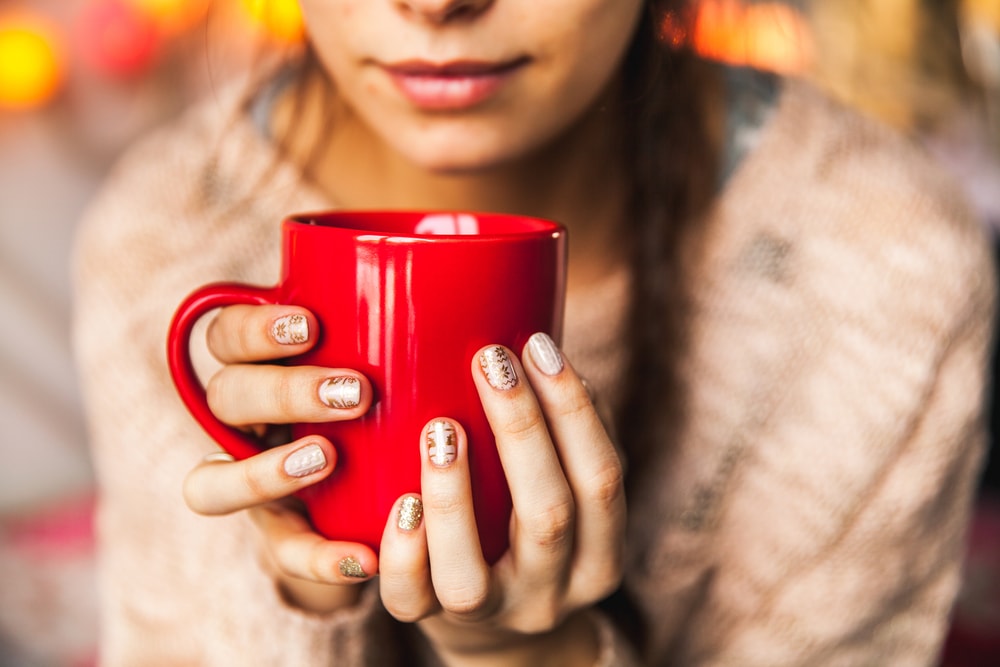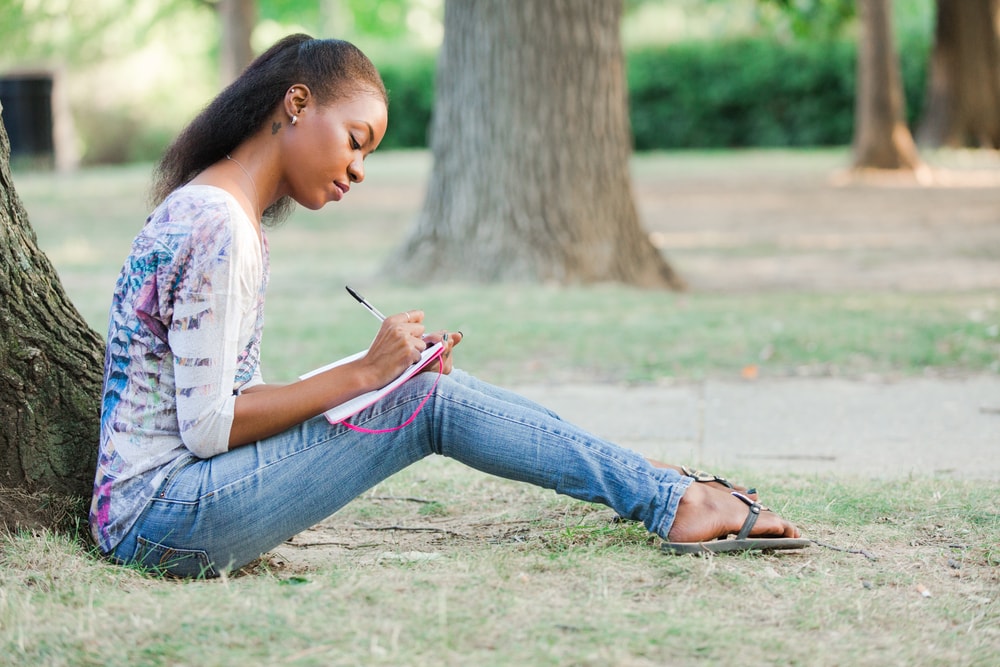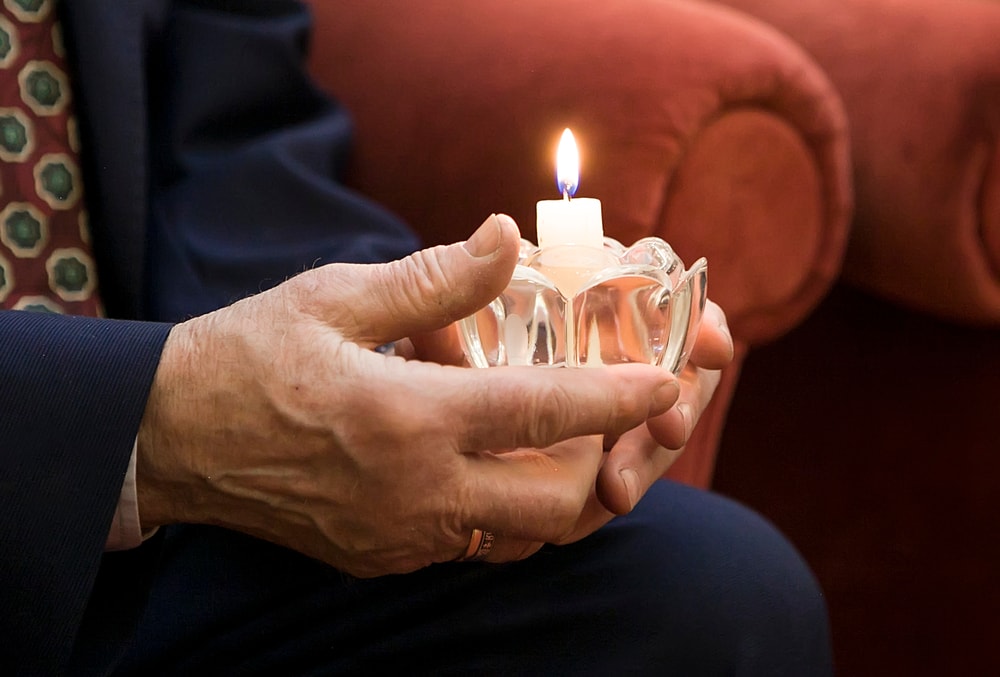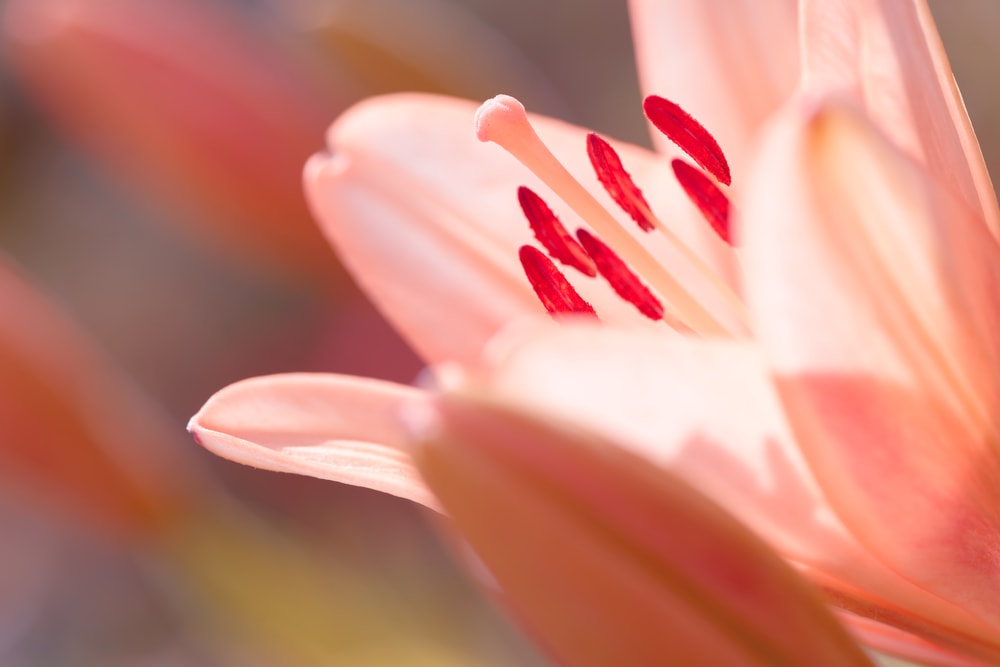Throughout our lives, we participate in rituals. In some cases, we may not even know that we are taking part in a ritual. At weddings, we toss the bouquet. And there’s the old adage for brides: something old, something new, something borrowed, something blue. We all have our holiday traditions (rituals) that we look forward to year after year. Graduation ceremonies are another wonderful example of a ritual that marks a milestone in life. And birthdays – most of us celebrate them yearly with either great or modest, and sometimes reluctant, fanfare. And, for those who are spiritual, holy days throughout the year are full of ritual, tradition, and significance.
But what does the term “ritual” really mean? The word has Indo-European roots and means to “fit together.” It is related to words like “order,” “weaving,” and “arithmetic.” All of these words involve fitting things together to create order. Rituals fit, or put, things back together. This is especially important for a meaningful and healing funeral experience.
When a loved one dies, it makes sense to turn to rituals to help us put our lives back together again. Grief is chaotic and disorienting. It rips our world apart. In fact, the word “bereaved” comes from the root “reave,” which means to be robbed by force. “Grieve” stems from French root “grever,” meaning to burden, afflict, or oppress. The elements of a healing funeral are rituals that work together to restore order to our lives after everything is torn apart by the chaos and pain created by the death of someone loved.
The Comforting Nature of Rituals

Even with a clearer definition, the question still remains, what is it about rituals that is so comforting?
They encourage us to remember
To begin with, rituals connect us to the past and provide stability for the future. As we remember what has gone before, we are comforted by those memories. At Christmas, we often find joy in remembrance of Christmases past. At funerals, we seek to remember, to value, and to honor the life of a uniquely special person.
They bring us together
Rituals also bring us together as families and communities. Whether it is gathering for Good Friday services or joining in the town’s Fourth of July parade every year, we come together, we support each other, and we find unity.
They offer us peace

In many ways, by taking part in rituals, we actively seek peace within ourselves. For example, it gives us a measure of internal peace to pray when someone is sick or injured. Or, after someone we love has died, we receive comfort when we visit their final resting place or do something special and significant on the day of their birth or death. By taking part in ritual, an intentional habit to recall and reminisce, we find comfort and a release for our pain.
They give us focus
By participating in powerful rituals, we gain a sense of focus. We take our eyes off ourselves and see beyond our own difficulties. If you decide to volunteer at a local soup kitchen in tribute to a lost loved one, you are not focused on your own needs but on the needs of another.
They help us in our search for meaning
And finally, rituals play a significant role in our search for meaning. Religious rituals are part of an inner search for meaning and purpose. A search for meaning is found in natural, normal rituals: visiting the graves of lost loved ones, reciting vows at a wedding, and celebrating a significant day. We are all constantly searching for significance and purpose, and rituals are a powerful tool in the search.
The Funeral Ritual

In much the same way, the funeral is a ritual that humankind has participated in since the beginning of time. Noted author, counselor, and grief expert, Dr. Alan Wolfelt, puts it this way:
“The funeral ritual, too, is a public, traditional and symbolic means of expressing our beliefs, thoughts and feelings about the death of someone loved. Rich in history and rife with symbolism, the funeral ceremony helps us acknowledge the reality of the death, gives testimony to the life of the deceased, encourages the expression of grief in a way consistent with the culture’s values, provides support to mourners, allows for the embracing of faith and beliefs about life and death, and offers continuity and hope for the living.”
By taking part in the elements of a meaningful and healing funeral service, we participate in the long-held and necessary tradition of the funeral. By taking time to mourn, we learn to reconcile with grief and move forward to find continued meaning in life.
Funerals encourage us to remember those we have lost. They bring us together as families, friends, and communities. They offer us peace as we are faced with the reality of our grief and begin to reconcile ourselves to it. Symbols – lighting candles, wearing dark clothing, attending services – give us focus and intentionality. And perhaps most of all, they help us in our search for meaning, our search to understand where we come from and who we are.




